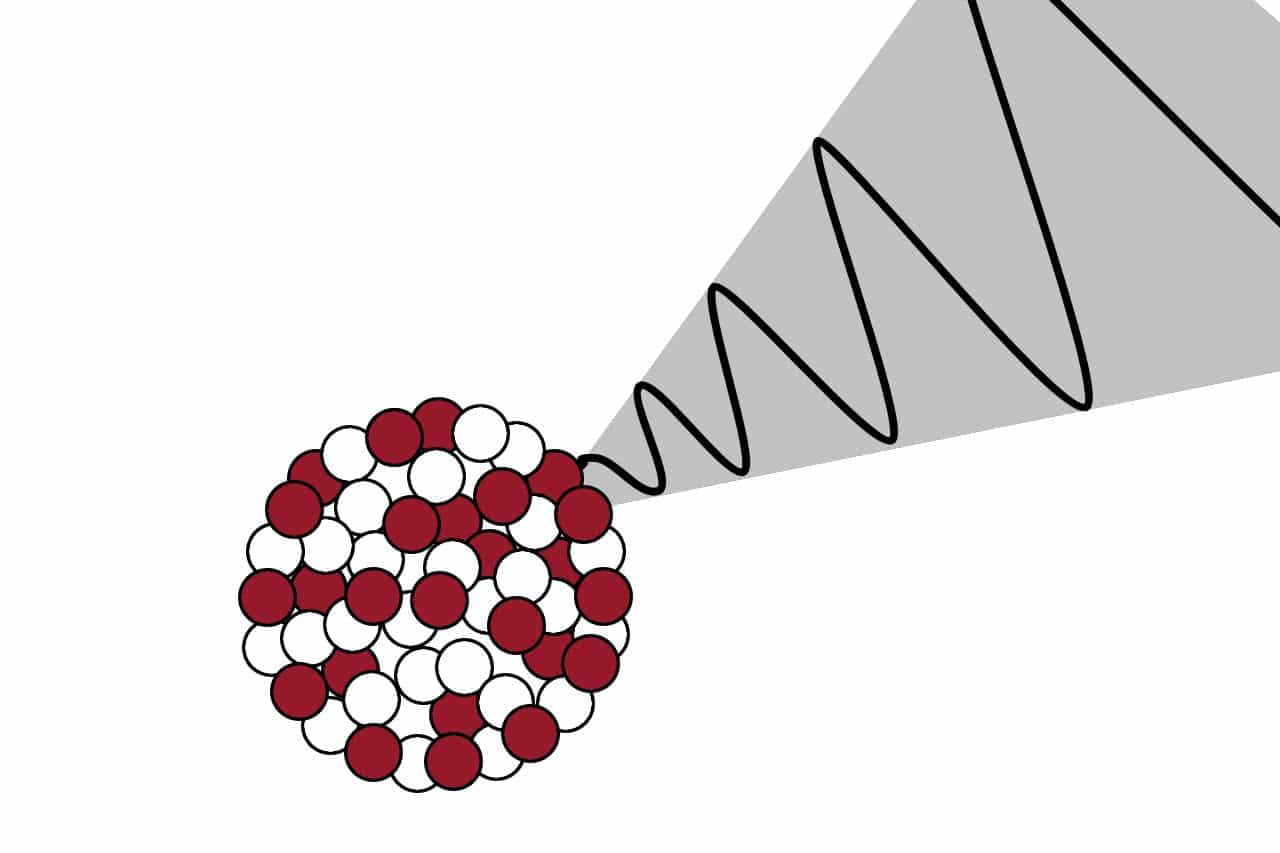
Gamma is the third letter of the Greek alphabet.
Unit of measure
As a unit of measurement , gamma is equivalent to one millionth of a gram or microgram . This use of the Greek letter takes place in the field of physics .
A gamma or a microgram is usually used when it is necessary to refer to a minute amount of a component in a sample , especially when it comes to the activity of a radioactive material, in fields such as chemistry , pharmacology and medicine. In chemical analysis, a spectrophotometer or analytical balance can be used to measure these units.
gamma camera
A system that makes it possible to record images through gamma radiation is called a gamma camera . The patient is injected with a radioisotope intravenously to generate the contrast that the device captures.
The gamma camera can be used for bone, cardiology and central nervous system studies, to name a few possibilities. The procedure does not cause pain other than that generated by the injection of the radioisotope.
The gamma camera is designed to detect gamma radiation emitted by a radiopharmaceutical that has previously been administered to the patient. Radiopharmaceuticals are chemical compounds that contain a small amount of radioactive material that is injected, ingested, or inhaled, depending on the type of study required.
This device features a sensing crystal , usually sodium iodide or cesium iodine, that has the ability to convert gamma radiation into visible light. Along with this component, there are photomultipliers that convert the visible light produced by the glass into amplified electrical signals. The gamma camera also has a collimator, which helps focus the gamma radiation coming from the patient and avoid unwanted background noise.
Gamma globulin
Gamma globulin is a specific fraction of proteins present in blood serum. It is obtained through electrophoresis techniques, a way of separating proteins according to their electrical charge and size, and is found in the group of proteins known as immunoglobulins or antibodies.
Gamma globulins are essential for the immune system , since they constitute the antibodies produced by B lymphocytes in response to the presence of foreign agents, such as bacteria, viruses, toxins and other antigens. Antibodies are highly specific proteins that bind to these antigens and help neutralize them or mark them for destruction by other cells of the immune system.
gamma rays
Gamma rays are the electromagnetic waves that are produced when particles annihilate or within the framework of a nuclear transition. These rays are characterized by their penetrating power due to their great energy , being more penetrating than alpha rays and beta rays .
Gamma radiation is made up of photons : particles that are part of light .

Gamma rays are electromagnetic waves with various applications.
Applications of gamma rays:
- In medicine , gamma rays are used in radiation therapy to treat tumors and cancer cells. They are also used in positron emission tomography (PET) to diagnose diseases and study brain function;
- They are applied in the non-destructive inspection and measurement of materials, such as in the detection of defects in metal structures and industrial components;
- They are used to sterilize medical equipment, food and other heat-sensitive products, as they can eliminate microorganisms without causing significant thermal damage;
- Gamma-ray telescopes allow us to study high-energy sources in the universe, such as black holes, supernovae and pulsars, providing valuable information about the most extreme cosmic phenomena.
